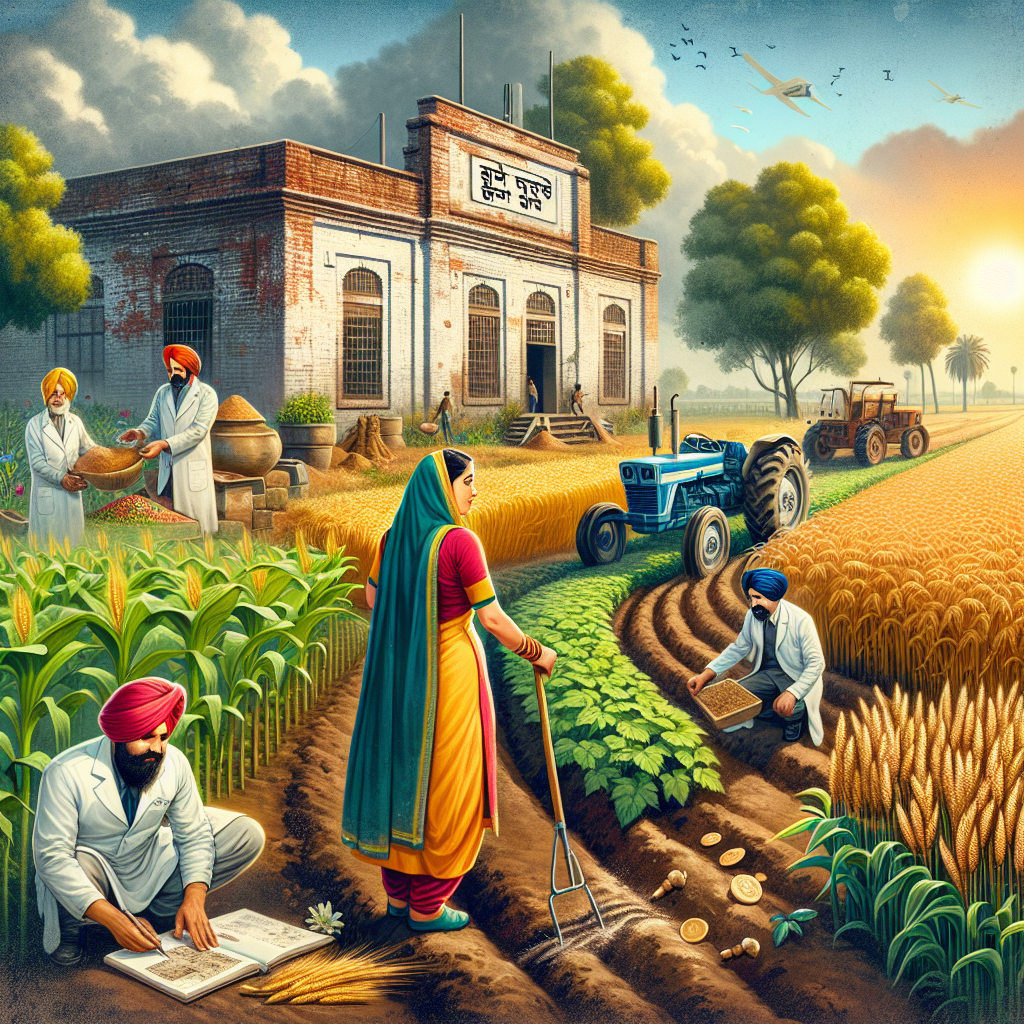In a significant move to uplift the agricultural sector and enhance farmers' incomes, the Union Cabinet, chaired by Prime Minister Shri Narendra Modi, has approved seven transformative schemes with a total outlay of Rs 14,235.30 crore. These initiatives aim to modernize agriculture, improve food security, and increase farmers' income through the integration of technology, research, and sustainable practices.
Digital Agriculture Mission: With a budget of Rs 2,817 crore, the Digital Agriculture Mission aims to leverage technology to improve farmers' lives. The mission is built on two foundational pillars:
Agri Stack: This includes a farmers' registry, village land maps registry, and crop sown registry.
Krishi Decision Support System: It will utilize geospatial data, weather/satellite data, and groundwater/water availability data to aid in drought/flood monitoring and crop yield modeling. The mission will also incorporate modern technologies like AI and Big Data to provide farmers with new knowledge and connect them with buyers.
Crop Science for Food and Nutritional Security: Allocated Rs 3,979 crore, this initiative will prepare farmers for climate resilience and ensure food security by 2047. It focuses on research, plant genetic resource management, genetic improvement of crops, and research on insects, microbes, and pollinators.
Strengthening Agricultural Education, Management, and Social Sciences: With an outlay of Rs 2,291 crore, this scheme aims to modernize agricultural research and education, aligning with the New Education Policy 2020. It will incorporate the latest technologies, including Digital Public Infrastructure (DPI), AI, and Big Data, while also promoting natural farming and climate resilience.
Sustainable Livestock Health and Production: This scheme, with a budget of Rs 1,702 crore, aims to boost farmers' income from livestock and dairy. It will focus on animal health management, veterinary education, dairy production, animal genetic resource management, and the development of small ruminant production.
Sustainable Development of Horticulture: With an allocation of Rs 1,129.30 crore, this measure seeks to enhance farmers' income through horticulture. It covers a wide range of crops, including tropical, sub-tropical, temperate, root, tuber, bulbous, arid, vegetable, floriculture, mushroom, plantation, spices, medicinal, and aromatic plants.
Strengthening of Krishi Vigyan Kendra (KVK): The government has earmarked Rs 1,202 crore to strengthen KVKs, which play a crucial role in disseminating agricultural knowledge and innovations to farmers.
Natural Resource Management: With an outlay of Rs 1,115 crore, this initiative focuses on the sustainable management of natural resources to ensure long-term agricultural productivity and environmental health.
These seven schemes reflect the government's commitment to transforming the agricultural sector through innovation, education, and sustainable practices, ultimately aiming to secure a prosperous future for India's farmers.











